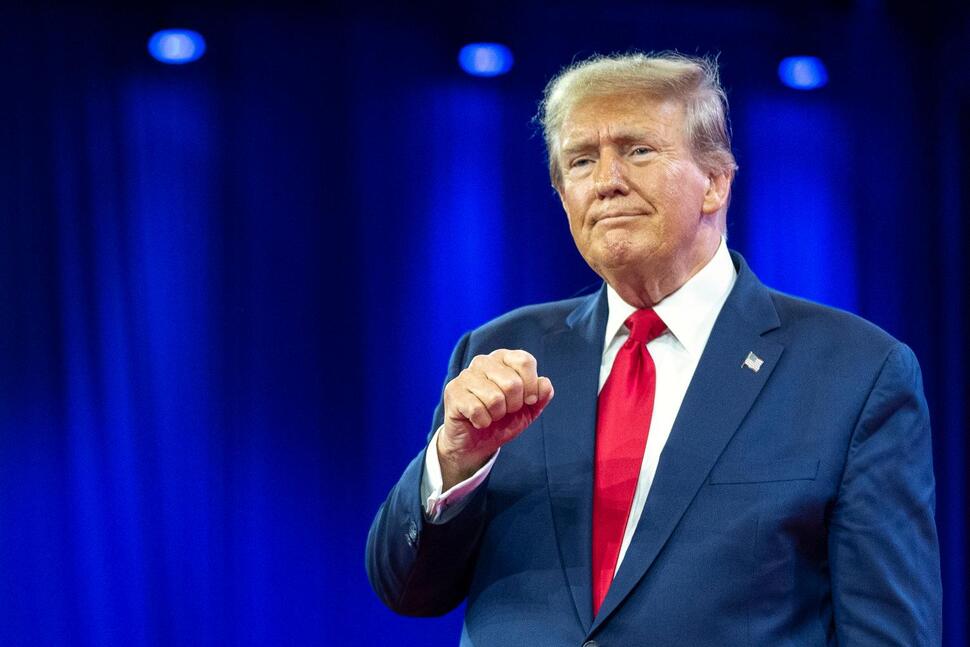Trending
- December 17, 2025
Illinois Judge Temporarily Halts Trump's Primary Ballot Inclusion Amid Legal Battle

In a noteworthy legal development from Chicago, an Illinois judge has temporarily decreed the exclusion of former President Donald Trump from the state’s upcoming March 19 primary ballot. This preliminary decision, emerging from the Cook County court, introduces a pause in Trump’s candidacy, setting the stage for an imminent appeal process.
Legal Challenge Against Trump’s Candidacy: An In-depth Look
Judge Tracie Porter, presiding over the case, announced her ruling following a lawsuit initiated by a group of voters. These individuals, determined to prevent Trump’s participation in the primary due to his alleged involvement in the January 6, 2021, Capitol attack, faced opposition from the Illinois State Board of Elections, which had earlier dismissed their petition. The plaintiffs contend that Trump’s actions surrounding the Capitol riot render him ineligible for office under the 14th Amendment, which disqualifies any individual engaging in insurrection from holding office.
This lawsuit in Illinois is part of a broader legal effort across the United States to challenge Trump’s eligibility for the presidency based on the same constitutional grounds. Notably, the U.S. Supreme Court, earlier this month, hinted at a potential dismissal of this legal argument in a related appeal concerning a Colorado case. Despite the uncertainty, the Illinois ruling remains provisional, pending the outcome of the appeal process.
Historic Ruling Sparks Controversy and Promises of Appeal
Ron Fein, Legal Director of Free Speech For People and co-lead counsel in the Illinois case, hailed the judge’s decision as a monumental victory. According to Fein, this ruling aligns with other assessments of Trump’s constitutional eligibility, concluding his involvement in insurrection post-oath of office, hence disqualifying him from the presidency.
Contrastingly, Trump’s campaign, through spokesman Steven Cheung, vehemently criticized the decision, labeling it as the overreach of an “activist Democrat judge” and a contradiction to numerous other judicial findings across the country. The campaign signaled a swift appeal, challenging the constitutionality of Judge Porter’s order.
Implications and the Road Ahead
Judge Porter has stipulated that her order will remain on hold, pending a final decision from the Supreme Court that could potentially diverge from her ruling. This legal skirmish not only underscores the contentious political landscape but also highlights the complex interplay between constitutional law and electoral politics.
As this legal drama unfolds, it promises to fuel ongoing debates about constitutional eligibility and the integrity of the electoral process. With the appeal looming, all eyes are on the Supreme Court for a decision that could have far-reaching implications for the 2024 Presidential election and beyond.
This development marks a critical juncture in American politics, reflecting the enduring impact of the January 6 events on the nation’s democratic fabric and the legal controversies surrounding one of its most polarizing figures. As the legal proceedings continue, the ultimate determination of Trump’s eligibility for the Illinois primary ballot will be keenly observed by legal experts, political analysts, and voters alike, signifying a pivotal moment in the lead-up to the 2024 Presidential race.
© 2023, www.modelilgov.org/. All rights reserved/HOME/privacy-policy/ sitemap